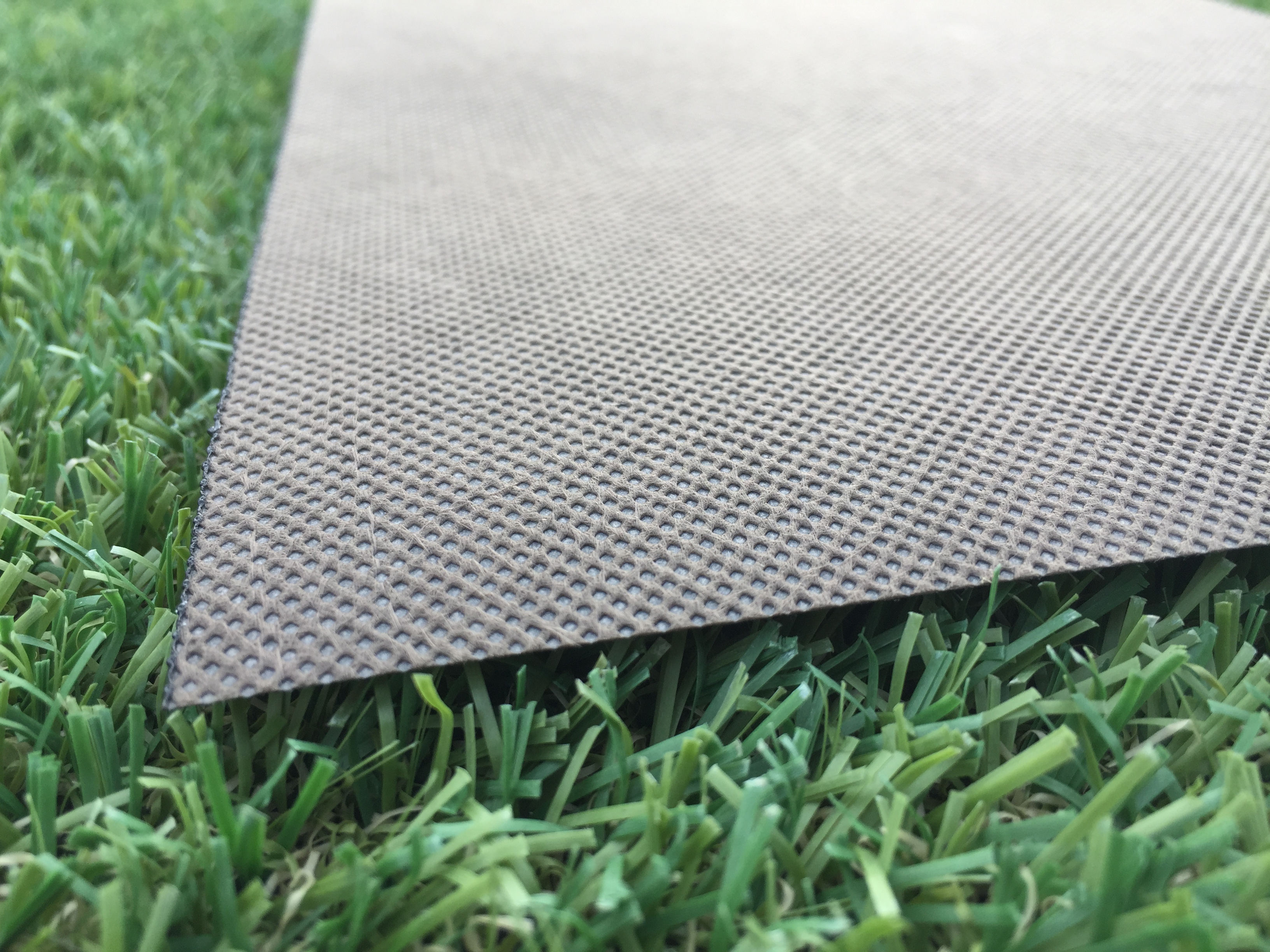Polylactic Acid (PLA) nonwoven fabrics come with their own set of advantages and disadvantages. Here’s a breakdown:
Advantages of PLA Nonwoven Fabrics:
- Biodegradability: PLA is derived from renewable resources like corn starch, making it biodegradable under industrial composting conditions, reducing environmental impact.
- Sustainability: Made from renewable resources, PLA nonwovens contribute to a more sustainable material cycle compared to petroleum-based fabrics.
- Good tensile strength: PLA nonwoven fabrics have decent mechanical properties, offering good strength and durability for various applications.
- Low humidity absorption: PLA nonwoven fabrics tend to absorb less moisture compared to some other materials, which can be beneficial in certain applications.
- Heat resistance: PLA can resist moderate temperatures, making it suitable for various thermal applications.
- Good printability: The surface of PLA nonwovens is suitable for printing, allowing for creative designs and branding opportunities.
Disadvantages of PLA Nonwoven Fabrics:
- Limited heat resistance: While PLA can resist moderate temperatures, it can deform or degrade at higher temperatures, which limits its applications in high-heat environments.
- Higher cost: PLA nonwovens tend to be more expensive than conventional petroleum-based nonwovens, which may deter some manufacturers.
- Moisture sensitivity: Even though PLA absorbs less moisture, prolonged exposure to high humidity can affect its mechanical properties and lead to hydrolysis.
- Brittleness: PLA can become brittle over time, especially when exposed to certain environmental conditions, which can impact performance.
- Processing challenges: The processing of PLA for nonwoven applications might require specialized equipment and conditions, which can pose challenges for manufacturers.
- Limited UV resistance: PLA is not very resistant to UV light, which can lead to degradation when used in outdoor applications without proper stabilization.
In summary, PLA nonwoven fabrics present an eco-friendly alternative with numerous benefits, but they also come with certain limitations that need to be considered for specific applications.
Post time: Mar-31-2025

